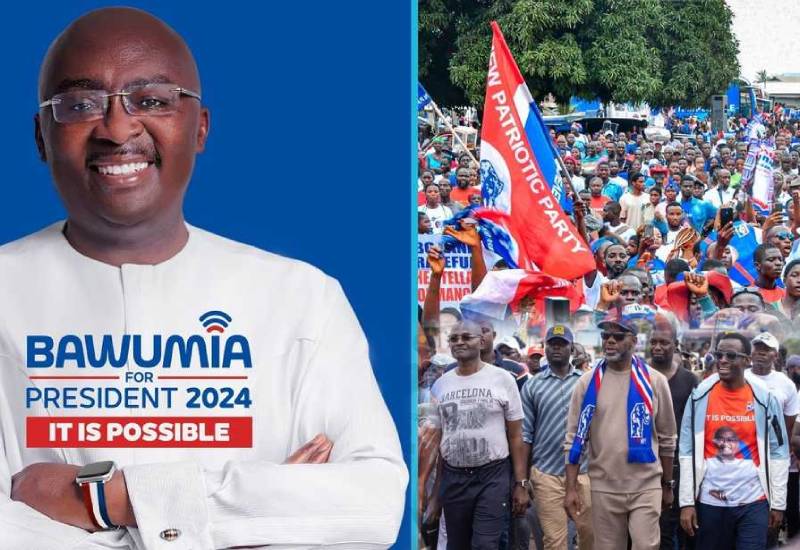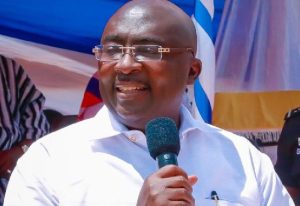By Godwin Owusu Frimpong
As the New Patriotic Party (NPP) unveils its new manifesto today, August 18, in Takoradi, one cannot help but raise a critical eyebrow at the essence and logic driving this initiative. Is it a bold commitment to vision and renewal, or merely a distraction from an alarming array of abandoned projects and unfulfilled promises that litter the Ghanaian landscape?
Under President Akufo-Addo’s leadership, the NPP has boasted about an ambitious agenda aimed at transforming Ghana. However, the country is currently punctuated by the glaring evidence of neglect—abandoned roads, incomplete schools, and unfinished hospitals dotting rural and urban Ghana alike. In an era where nearly 70% of the promises made in their previous manifestos (from 2016 to 2020) have remained unfulfilled, the call to roll out a fresh manifesto raises more questions than answers.
What rationale could possibly justify launching a new set of promises when the old ones lie dusty and halfhearted? The logic here seems tenuous at best. Is this a calculated move to gloss over the failures of the past while presenting an illusion of accountability and progress? Or is it a desperate attempt to reignite a dwindling public trust in a government that has increasingly been seen as out of touch with the realities faced by Ghanaians?
The candidacy of Dr. Mahamudu Bawumia and his running mate, the ever-controversial Dr. Mathew Opoku Prempeh, adds another layer of intrigue to this situation. With Dr. Bawumia having served as the Vice-President under Akufo-Addo, his allegiance to the previous administration’s policies inevitably raises questions: Is he truly in favor of continuity, or does he see the unveiling of this manifesto as a chance to distance himself from the unfulfilled promises of his predecessor? Are the policies of the Akufo-Addo-led government under scrutiny, or is it simply a strategic repositioning aimed at captivating the minds of the Ghanaian electorate?
In a political landscape increasingly marked by skepticism and disillusionment, Ghanaians are left wondering whether this new manifesto is a genuine blueprint for the future or just another set of empty promises designed to woo voters. Will the NPP finally tackle the underlying issues of accountability and transparency, or will they continue to play the political game, spinning tales of potential while ignoring the pressing needs of the populace?
As discussions around the new manifesto unfold, the crux of the matter remains: can Ghanaians trust a government that has left them in the lurch? The time to launch a new manifesto may seem ripe in Tokoradi, but the lingering question is whether the NPP can translate promises into tangible, meaningful action, or if they will continue to dance around the critical issues that haunt the very electorate they seek to win over.
In a nation that deserves more than just political rhetoric, it’s time for clarity, decisiveness, and a commitment to fulfilling the promises made—not for a new slate of empty words, but for the betterment of all Ghanaians.
Godwin Owusu Frimpong




